Navigating the digital music marketing landscape is like learning a new instrument in the crazy world of digital tunes, where every tweet, post, or photo can make a bedroom artist a viral superstar. It is complex, subtle, and basically necessary. But don’t panic! This book is your backstage access to marketing mastery, regardless of your status—solo troubadour or band on the verge of glory. And never forget that Plerdy and other tools are your reliable conductors in this symphony of digital tactics; they convert clicks into choruses and browsers into admirers. Let’s then fix our microphones, tune our guitars, and enter the harmonic realm of digital music promotion!
Mastering Digital Marketing for Musicians in 2024
Eight key digital marketing tactics are listed below that artists and other industry professionals can use in 2024 to improve their online visibility and audience participation. Every method is succinctly explained, from knowing your audience to modifying your marketing strategies in response to analytical findings. Whether you’re creating a distinctive brand identity or participating in email marketing, these actions are meant to enable you to successfully negotiate the digital world and establish yourself in the music business.
| Step | Strategy | Description |
|---|---|---|
| 1 | Audience | Understanding the target audience, their interests, and behaviors. |
| 2 | Branding | Developing a unique brand and identity. |
| 3 | Social Media | Using social networks to engage and interact. |
| 4 | Content | Creating valuable content to attract an audience. |
| 5 | Developing email marketing strategies to maintain communication. | |
| 6 | Advertising/SEO | Applying paid advertising and search engine optimization. |
| 7 | Networking | Networking and collaborations with other artists and brands. |
| 8 | Analysis | Analyzing data and adjusting strategies to improve results. |
Understanding Your Audience
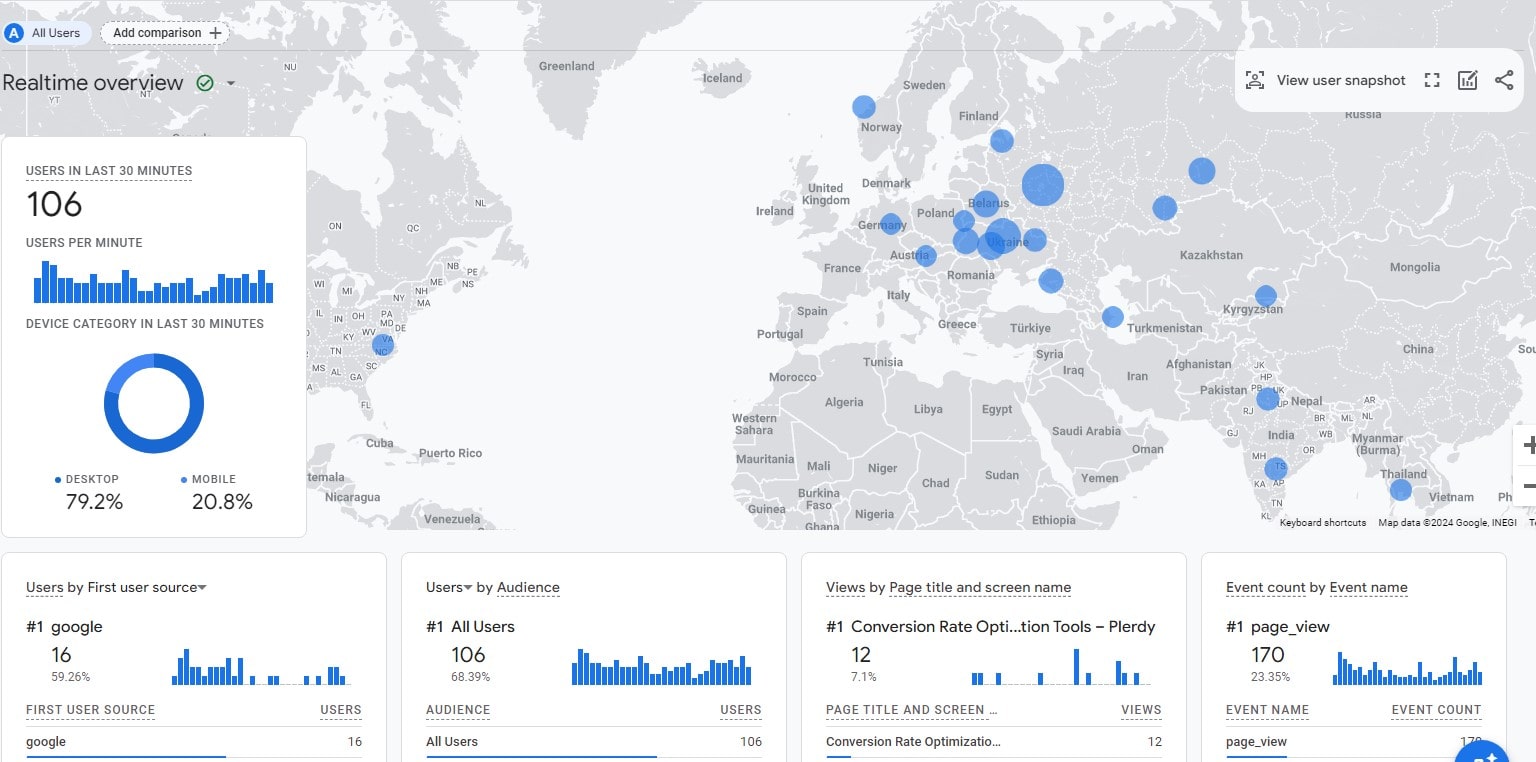
Acknowledging your audience is the foundation of any marketing strategy in the always changing symphony of digital music. A composer understands the orchestra, and a musician understands their audience. The lifeblood of your musical career are, after all, your fans.
Analytical Demographics
Start by breaking out the gender, age, and geographical statistics. Like preparing the venue for your concert. Knowing these fundamentals influences everything, including your preferred social media sites and music taste. A Pew Research Center research emphasizes the significance of having a specific demographic awareness in your approach by highlighting the variety of social media use across age groups.
Profiling Psychographics
Go into the psychographics, the “why” behind the “who,” next. Which hobbies, ideals, and way of life do they follow? This realization turns simple knowledge into a more profound relationship that enables you to customize your message and music. Knowing psychographics is essential, as Forbes advises, if you want to create communications that really speak to people.
Employing Analytics
Apply analytics last. Internet behavior of your viewers can be seen through tools like Google Analytics. They play which of your songs repeatedly? They are listening in where and when? Your compass, this information directs your marketing choices with clarity and precision.
Knowing your audience is like having your instrument tuned just so before a performance. It comes down to hitting the proper note with the listener. Having this information, you can create marketing plans that effectively engage and reach your target market, guaranteeing that the people who will most enjoy your music hear it.
Crafting Your Unique Brand Identity in Digital Music Marketing
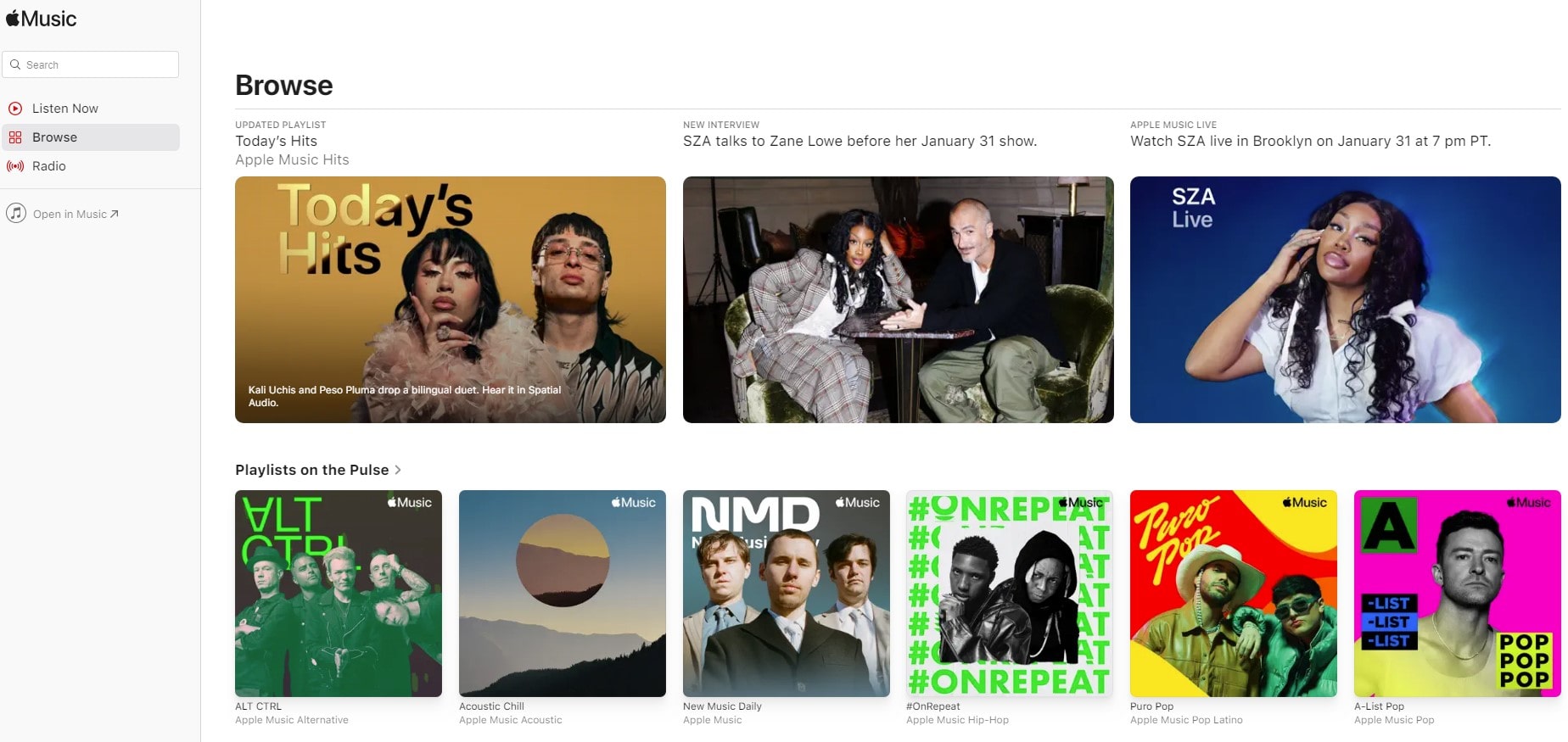
In the thriving digital music business, your brand stands for your own sound, look, and narrative. It sets you out from the plethora of songs and lyrics. In the world of digital music marketing, having a lasting impression and developing a closer relationship with your audience are more crucial than just putting your name out there.
Setting Up Brand Image for Digital Music Marketing
Digital music marketing heavily relies on your brand image, which is the visual expression of the spirit of your music. It covers your general look, color scheme, and logo. Either strong and edgy or calm and deep should be reflected in your visual identity. The need of visual identity in creating a distinctive brand in digital marketing is emphasized by Harvard Business Review. In order to keep things cohesive and recognizable in the digital music market, everything from album covers to social media accounts must be consistent.
Inside Digital Music Marketing: Personal Narrative
The background, experiences, motivations, and victories of every musician provide an engaging story for digital music marketing. Using interviews, social media, and music to tell your narrative is a powerful approach to connect with your audience. The ability of narrative to promote empathy and emotional ties is noted by Psychology Today. Authenticity in your narrative and sharing of your values and experiences in digital marketing allows listeners to get a sense of the musician behind the music.
Digital Music Marketing Visual Consistency
In digital music marketing, branding that works is based on visual uniformity. Make sure the album art, merchandising, website, and promotional materials all have a single visual theme. As Forbes says, consistency increases brand recognition, which in the cutthroat digital music market makes your brand more recognizable and unique.
Producing your own brand identity in digital music marketing is like writing a song. A melody that enthralls and engages your audience is composed in part by every element, from your narrative to your visual design. In digital music marketing, a well crafted brand identity goes beyond outward beauty to capture your true skill and connect with your audience so that your music touches their ears, hearts, and brains.
Leveraging Social Media Effectively in Digital Music Marketing
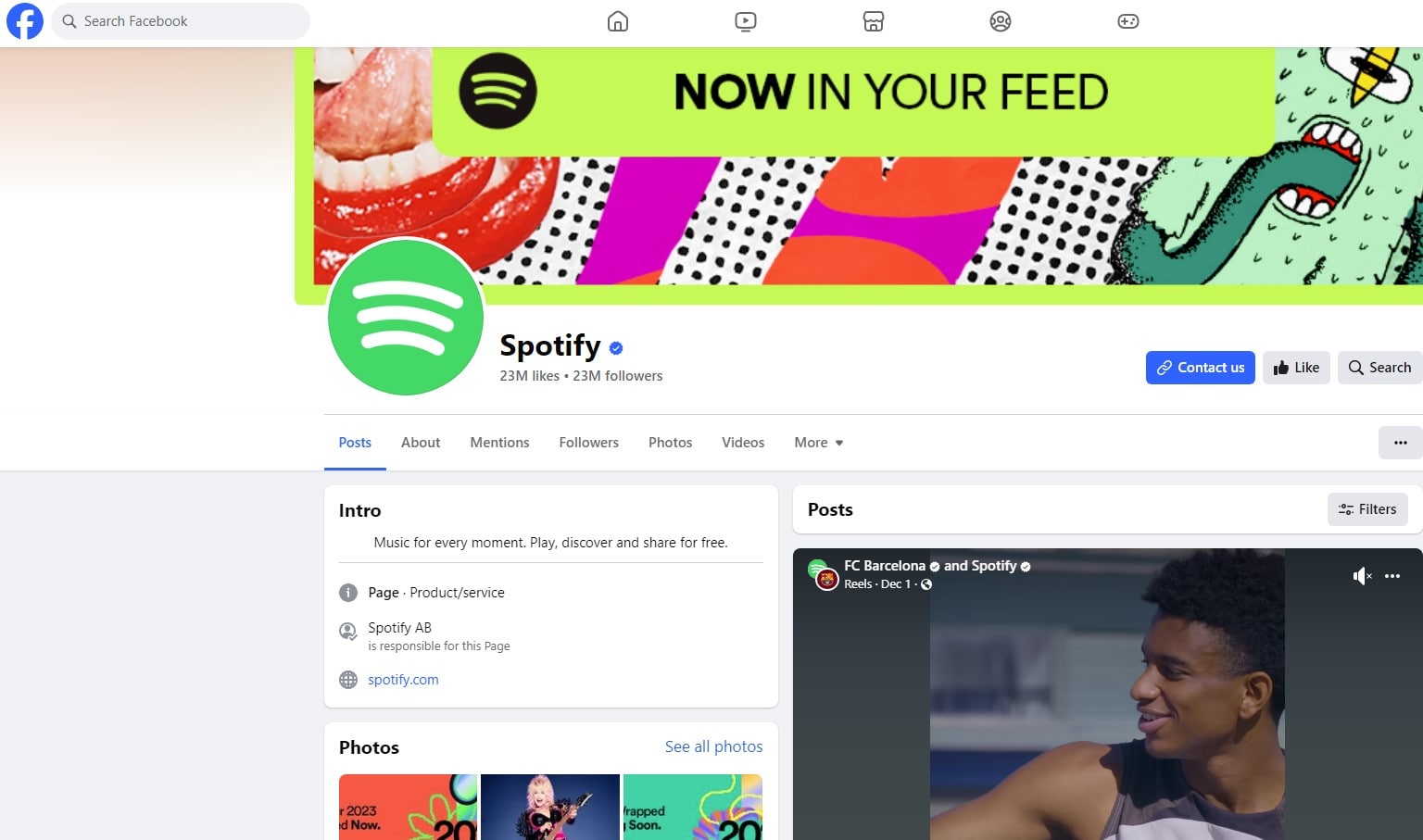
In the digital world, social media is a vast network of many stages, each catered to a certain audience. Effective usage of social media in digital music marketing is similar to conducting an orchestra; each platform adds to a well-balanced performance.
Strategies Particular to Each Platform in Digital Music Marketing
Every social media site used in digital music marketing has an own personality and beat. Facebook is great for digital marketing storytelling and community building because of its broad audience. Recognised for its eye-catching design, Instagram is ideal for sharing behind-the-scenes photos and personal lives, which is an essential tactic in music digital marketing. Because Twitter is so quick, it’s ideal for quick updates and direct fan interaction—two crucial components of digital music marketing. Sprout Social pointed out that good communication in digital marketing requires a grasp of the subtleties of each platform. Making your content fit the context of each platform guarantees that it will connect with the viewers.
Digital Music Marketing Content Creation Advice
In digital music marketing, drawing in the audience requires producing interesting material. HubSpot’s research has shown, among other things, that video content has a 40-fold higher likelihood of being shared on social media. Videos are extraordinarily interesting. Mix up your material with live sessions, sneak peeks at new songs, and interactive Q&As. In digital music marketing, being sincere in your writing—whether you’re celebrating successes or outlining setbacks—is vital. Regular posting keeps your readers intrigued and eager for your next post.
Using Fans in Digital Music Marketing
Central to digital music promotion, engagement is the lifeblood of social media. In the world of digital music, responding to comments, taking part in popular challenges, and working with other artists all increase exposure and strengthen your relationship with your fans. A key idea in successful digital music promotion is that social media is about conversation as much as broadcasting. Loyal communities are created through active participation, claims Forbes. Encourage fan engagement by asking for their ideas, running surveys, and using their input into your digital marketing campaigns.
To use social media in digital music marketing well means to understand the particular language of each site, provide interesting material, and have meaningful conversations with your audience. Connecting, learning, and adapting are continuous processes. Knowing social media and how it connects to digital music marketing inside and out will help you turn your online presence into an engaging symphony that draws in and maintains listeners, taking your music to new heights.
Mastering Content Marketing
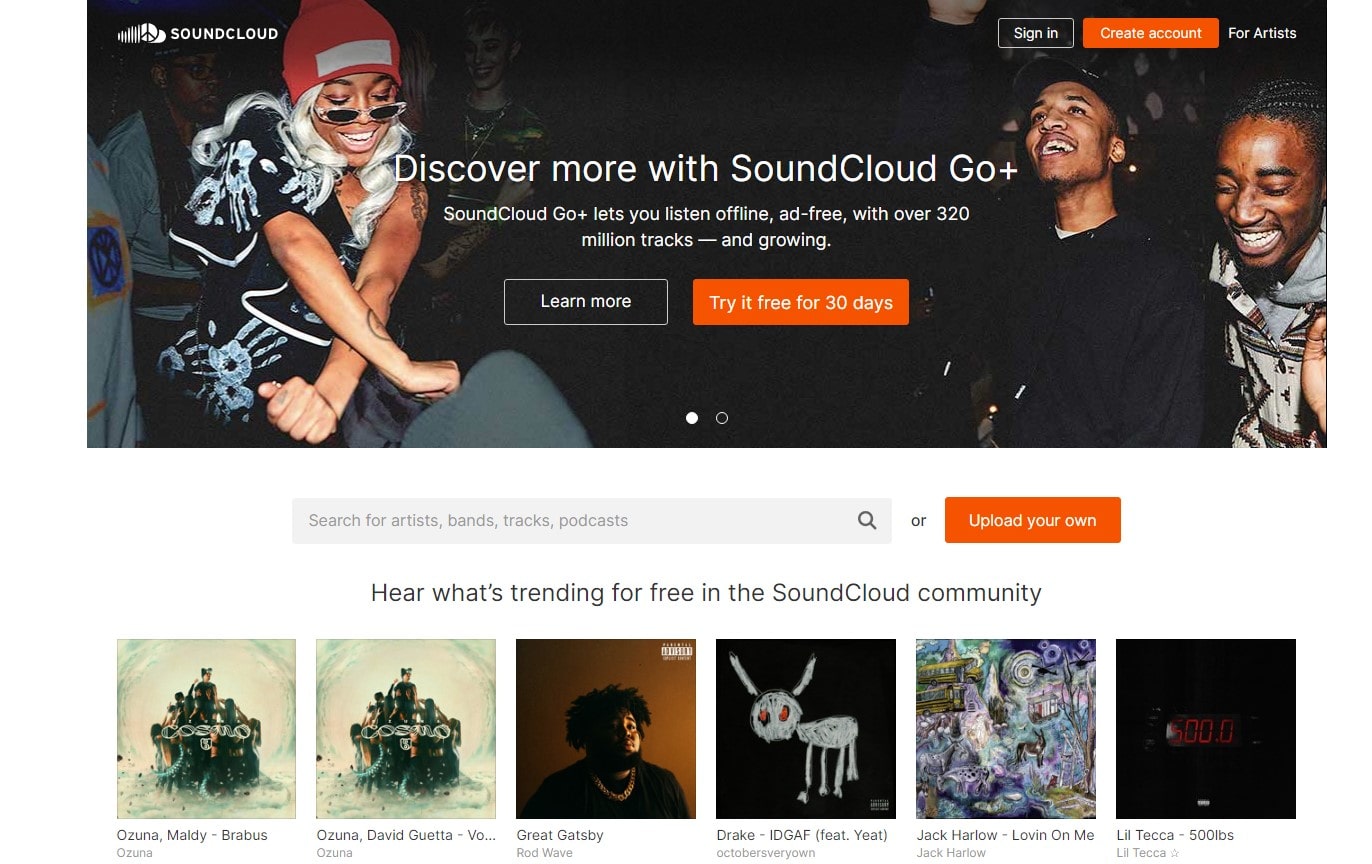
Content marketing is similar to writing a hit song in the music business in that you have to be original, intimately familiar with your audience, and choose the most captivating way to convey your ideas.
Categories of content
The field of material marketing is broad and diverse, hence using a variety of materials will help to keep your audience interested and interested. While quick, snappy social media updates keep your audience informed about everyday events, blog pieces on your website provide in-depth insights into your music-writing process. Including music videos, live performance clips, and behind-the-scenes video can greatly increase your online visibility since, according to a Content Marketing Institute study, video content ranks highly in interaction. A further option to investigate is podcasting, which provides a more intimate and direct means of interacting with your audience through conversations and stories.
Musical Storytelling
An art form, storytelling is your most effective tool in music promotion. Your audience is drawn in personally by your story, whether it be about your career as an artist, the inspiration for a song, or difficulties you have overcome. An emotional story can greatly affect audience participation, as Psychology Today notes. Let your fans know who is behind the music by sharing your challenges and accomplishments. This sincerity creates devoted fans in addition to trust.
Managing Content Calendars
A perfectly planned content schedule is comparable to a masterfully performed concert. Content planning guarantees timely and consistent appearance on all platforms. Hootsuite and Buffer are two tools that can help you plan posts so you keep up a consistent posting schedule. Forbes says maintaining a relevant brand and an interested audience requires consistency.
Planning your content release carefully, narrating your own story, and varying the kinds of material you produce are all part of mastering content marketing. Like a song written well, good content marketing should have an impact that keeps people coming back for more.
Effective Email Marketing Strategies
Email marketing is a constant bass line in the fast-paced digital music industry that keeps your audience interested and in time with your music.
Updating Your Email List
Implementing an email marketing plan starts with building a subscriber list. At gigs, on your website, and on social media, start by rewarding sign-ups. Offering subscribers unique edition songs or behind-the-scenes video might be a strong incentive. A robust email list, which gives your most engaged fans direct connection, is the foundation of successful email marketing, claims Campaign Monitor.
Crafting Interesting Newsletters
Newsletters ought to flow in time with your brand and music. Your chance to strengthen your relationship with fans is presented by every email. Post information about forthcoming releases, tours, and insider looks at your creative process. Make the material current, pertinent, and aesthetically pleasing. Customized and expertly written newsletters can, as Mailchimp notes, greatly increase engagement rates and convert infrequent listeners into loyal followers.
Counting the Success
Not to mention, track how well your email marketing is working. HubSpot advises tracking open, click-through, and subscriber growth using analytics tools. This information could assist you figure out what your audience finds intriguing so you can modify your strategy to work even better.
Building a strong list, producing interesting content, and tracking results often are prerequisites for effective email marketing plans. When you have mastered these elements, your email campaigns will become more than just alerts—they will be an engaging tool that maintains the interest of your recipients. They will also excellently enhance your whole digital marketing plan.
Utilizing Paid Advertising and SEO
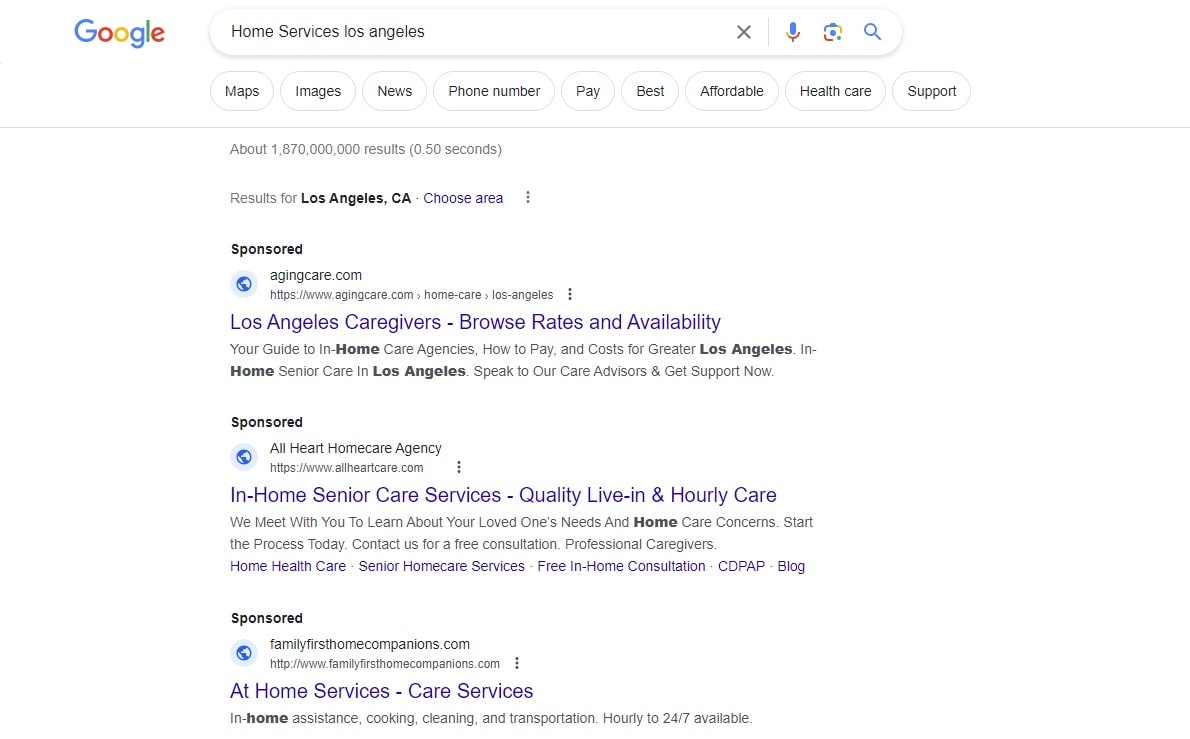
Using paid advertising and SEO in the digital music business is like fine-tuning your instruments for optimal performance. Each click and keyword in your digital approach counts, just as every note in a song.
Selecting Media Properties
Finding the appropriate advertising platforms is essential. Any platform—Facebook, Instagram, or Google Ads—offers special advantages and appeals to distinct populations. Remember where most of your prospective readers spend their time. The efficiency of social media marketing in targeting particular demographics is demonstrated by an eMarketer research. Make your ads platform-specific, emphasizing eye-catching images and engaging language that speaks to your target market. Recall that every ad should support your marketing objectives and overall brand.
Basic SEO for Musicians
Your invisible friend, Search Engine Optimization, is always at work to raise your profile. Include keywords into the descriptions of your YouTube videos, blog posts, and website material. Finding out what your audience is looking for is made easier using Google Keyword Planner and other tools. More people can hear your music since good SEO techniques raise your search engine rankings. Never forget that SEO is a long-term approach that calls for constant work and adjustment to algorithm changes.
Managing Budgets
Budget management done well guarantees the most possible return on your advertising expenditure. Try out several ad types and targeting choices starting small. Utilising technologies like Google Analytics, monitor the success of every campaign to find out what suits your audience the best. As Forbes notes, well-managed budgets enable more focused and effective advertising, increasing your audience without going over budget.
Effective use of paid advertising with SEO calls for planned budget management, a thorough platform selection, and a knowledge of SEO foundations. Through mastery of these components, you may increase your internet profile and make sure the correct people hear your music at the appropriate moment. This calculated move lets you balance your online presence and appeal to both present listeners and prospective new ones.
Networking and Collaborations in Digital Music Marketing
Digital music marketing is a dynamic and always evolving industry where networking and cooperation are essential connections that lead to new opportunities, a wide range of audiences, and creative, innovative settings rather than just passing fads.
Creating Industry Alliances for Digital Music Marketing
Within the field of digital music marketing, networking is about building real connections. Join in online music forums, take part in industry events, and interact with other musicians on social media. In digital music marketing, networking well is all about leaving an impression rather than merely becoming friends, according to a Harvard Business Review article. Recall that solid relationships are based on mutual respect and a passion of music, so approach networking with activity and sincerity. These relationships might result in joint initiatives, live performances, or mentoring—all of which are essential to advancing in the field of digital music marketing.
Rewards of Teamwork in Digital Music Promotion
Working together in the field of digital music marketing with other musicians brings new fans and unique viewpoints. Forbes points up that these kinds of partnerships can result in creative music and a larger audience. Working together, you might co-produce songs or include another musician on your track. Using this tactic broadens your fan base by introducing you to new listeners in the digital music space and diversifying your musical repertoire.
Digital Music Marketing Networking Strategies
In digital music marketing, effective networking tactics go beyond making introductions to include maintaining these relationships. Keep up a constant contact with your network, let them know about your musical progress, and back their endeavors. In the digital music business, as Inc. Magazine advises, effective networking is mutual. Helping the community that encourages your musical career is crucial.
The lifeblood of digital music marketing, networking and collaborations drive both growth and creativity. Developing solid industry contacts, participating in cooperative projects, and using efficient networking strategies help to create a vibrant and encouraging environment around your music. This strategy enhances your creative experience and creates the foundation for continued chances and long-term success in the fast-paced, cutthroat world of digital music.
Analyzing and Adjusting Your Strategies
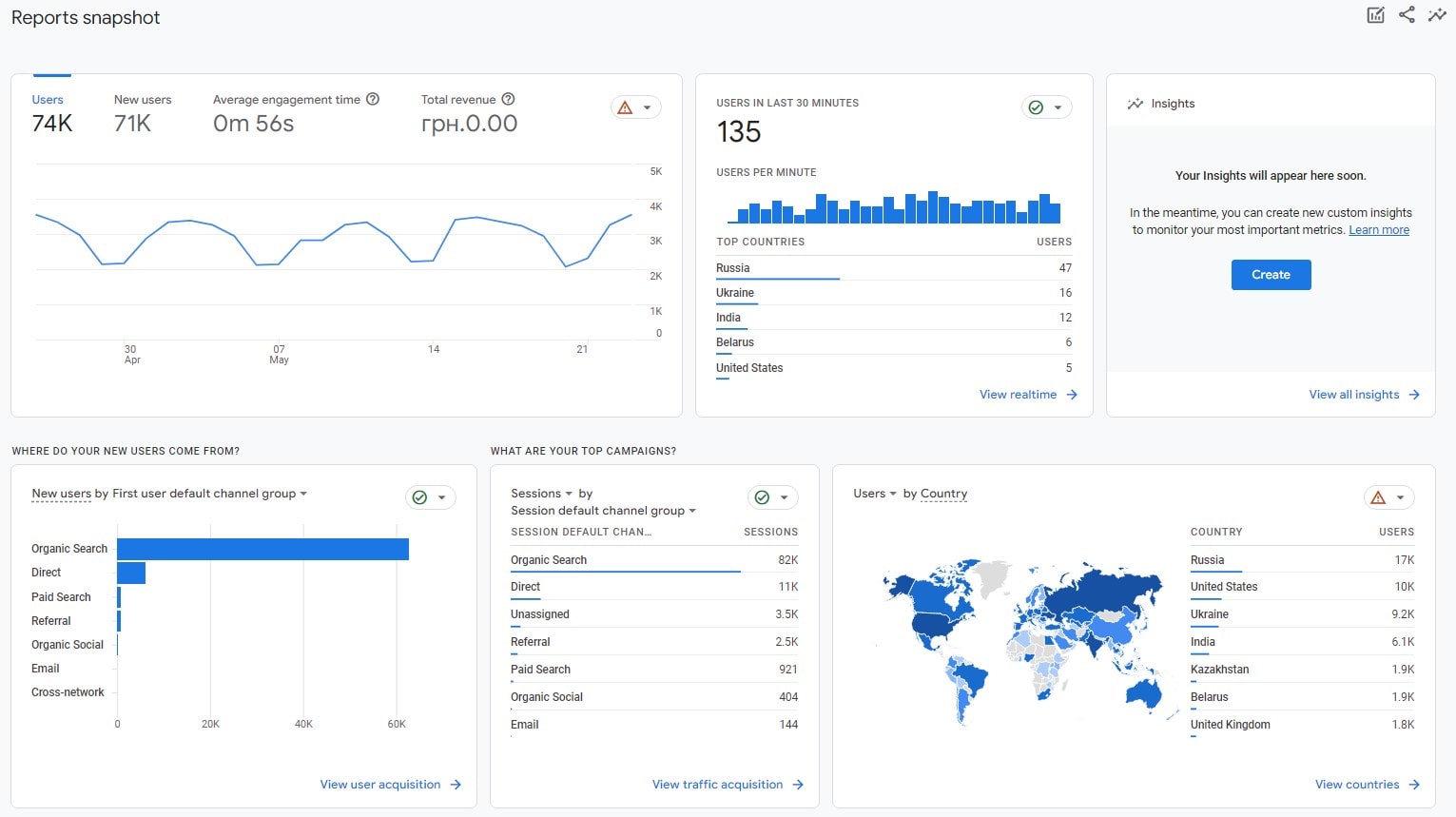
In the always evolving field of digital music promotion, being able to evaluate and adapt strategies is similar to tuning an instrument for best performance. It’s about paying close attention to the comments, picking up on the subtleties, and adjusting as needed to make sure your music resonates with your listeners.
Fundamentals of Analytics
Appropriate navigation of the digital terrain requires an understanding of analytics. You may monitor website traffic and content engagement using Google Analytics, social network data, and streaming service analytics. These instruments give insightful information about who is listening, what resonates, and possible areas for development. Making educated choices on next projects and marketing strategies requires this knowledge.
Compiling Ratings
Information goldmines are provided by audience and industry professional feedback. Monitor fan direct messages, reviews, and social media comments. Seek out helpful critiques as well from industry colleagues and mentors. With the use of this input, you can get understanding of how your music and marketing plans are being received that analytics by alone cannot.
Approaching Strategy Flexibility
Your tactics need to adapt to the always shifting music business. As you consider the information and comments you get, be willing to adjust your route if needed. This could be attempting new marketing avenues, changing your logo, or delving into other musical genres. Keeping flexible and receptive to change is essential to making sure your tactics continue to be successful and applicable.
Continual strategy analysis and adjustment is necessary to remain current with the tastes of your audience and the developments in the music business. If you pay close attention to statistics, welcome criticism, and are adaptable in your approach, your marketing and music will remain current and interesting with your audience.
Synopsis
Like a symphony, digital music marketing requires attention to detail in everything from target market knowledge to SEO expertise. Recall that the world of digital music is always shifting, therefore remaining relevant calls for flexibility, originality, and a good sense of what your audience wants to hear. As you work to produce your marketing masterpiece, let your tactics to be as fluid and changing as the music you write. About to plan your next big hit? At Plerdy’s blog, where we balance creativity and facts, read more perceptive pieces. Remember that Plerdy is your digital symphony conductor, helping you to evaluate and improve every facet of your online presence.
